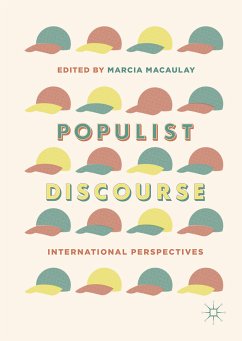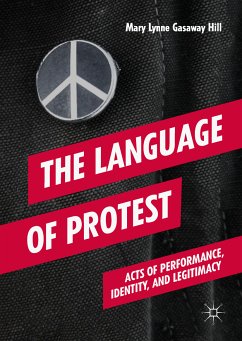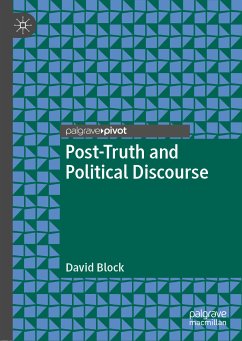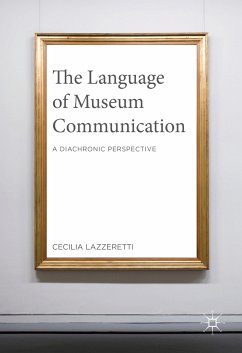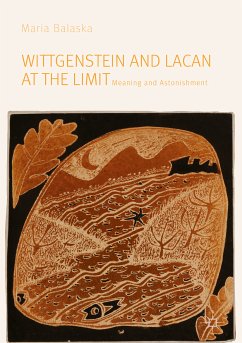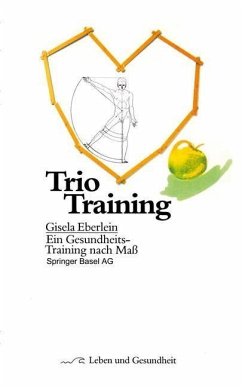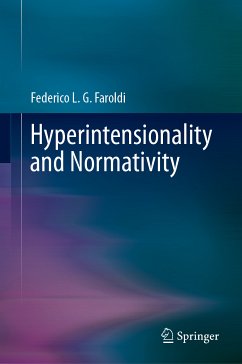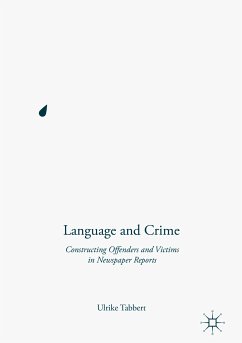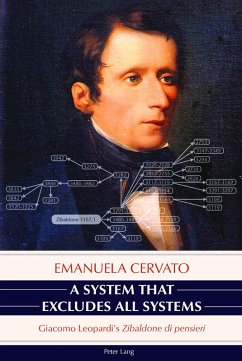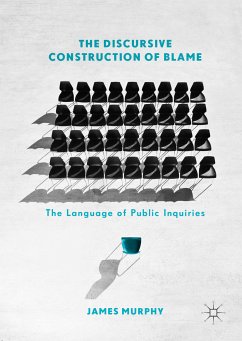
The Discursive Construction of Blame (eBook, PDF)
The Language of Public Inquiries

PAYBACK Punkte
44 °P sammeln!
This book examines the language of public inquiries to reveal how blame is assigned, avoided, negotiated and discussed in this quasi-legal setting. In doing so, the author adds a much-needed linguistic perspective to the study of blame - previously the reserve of moral philosophers, sociologists and psychologists - at a time when public inquiries are being convened with increasing frequency. While the stated purpose of a public inquiry is rarely to apportion blame, this work reveals how blame is nevertheless woven into the fabric of the activity and how it is constructed by the language of the...
This book examines the language of public inquiries to reveal how blame is assigned, avoided, negotiated and discussed in this quasi-legal setting. In doing so, the author adds a much-needed linguistic perspective to the study of blame - previously the reserve of moral philosophers, sociologists and psychologists - at a time when public inquiries are being convened with increasing frequency. While the stated purpose of a public inquiry is rarely to apportion blame, this work reveals how blame is nevertheless woven into the fabric of the activity and how it is constructed by the language of the participants. Its chapters systematically analyse the establishment of inquiries, their questioning patterns, how blame can be avoided by witnesses, how blame is assigned or not by an inquiry's panel and how such blame may result in public apologies. The author concludes with an engaging discussion on the value of public inquiries in civic life and suggestions for changes to the processes of public inquiries. This book will appeal to readers with a general interest in public and political language; in addition to scholars across the disciplines of communication, media studies, politics, sociology, social policy, philosophy, psychology, linguistics, rhetoric, public relations and public affairs.
Dieser Download kann aus rechtlichen Gründen nur mit Rechnungsadresse in A, B, BG, CY, CZ, D, DK, EW, E, FIN, F, GR, HR, H, IRL, I, LT, L, LR, M, NL, PL, P, R, S, SLO, SK ausgeliefert werden.



